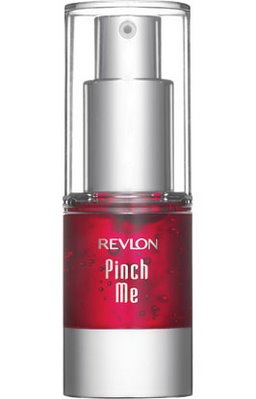No one really enjoys talking about what to wear at a funeral, but we all have to go to them at some point. Here are a few tips you can use so you can focus on the departed and the bereaved rather than worrying about wearing the right thing:

-Black is acceptable, but other colors that are flattering to you and not overly flamboyant (fuschia, red, etc.) are fine. If you were close to the deceased and feel they would be honored most by you wearing something they gave you or something they loved, you can feel free to do that, too. Avoid too much white.
-If the deceased was an unconventional person or the funeral is in an unconventional place, you might be able to dress in an unconventional way. For example, I had a family member pass away last summer and her parents wore their motorcycle gear to the funeral because they all used to ride together. This was appropriate. Other people at the funeral wore suits and ties and dresses and others wore jeans--these were all fine in this case. (It was an outdoor, casual, very unconventional service--just the way her family and she would have wanted it). If in doubt, go more formal.
-Leave the sexy clothes in the closet. That goes for fishnet stockings and sexed-up hair, too. Err on the side of looking matronly than on the side of looking provocative. Tone down the glittery eye and lip gloss. If you are attending a memorial service in a place of worship, be prepared to need to cover your arms (with a long-sleeved shirt or dress or with a shawl or cardigan).

-I agree with the adage, "Every woman should have a little black dress," but I would add: every woman needs two or three. At least one flirty one for nights out on the town, and at least one for church events and funerals.
-Keep jewelry to a minimum. Extra adornment is for fun, festive occasions.
-Wear waterproof mascara and avoid eyeliner.
-Purse essentials: breath mints, tissue, powder with mirror (so you can discreetly check your face if you want).

A few more notes: It is appropriate to have flowers delivered to the funeral home or place of worship; it need not be a typical arrangement or anything extravagant. You may also want to bring a card with a note to the family members of the deceased person. Since more and more funerals and memorial services are encouraging "audience involvement," you may want to think about a story or two you may want to share with the departed person's family. Keep the story simple, clean, and encouraging.











